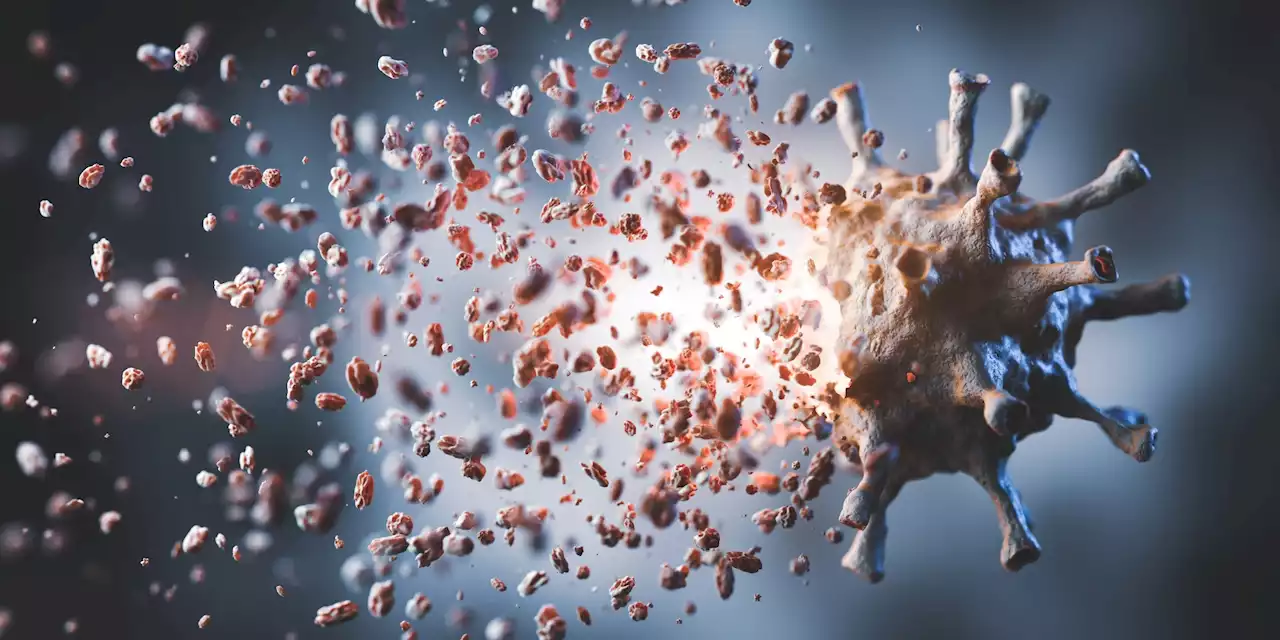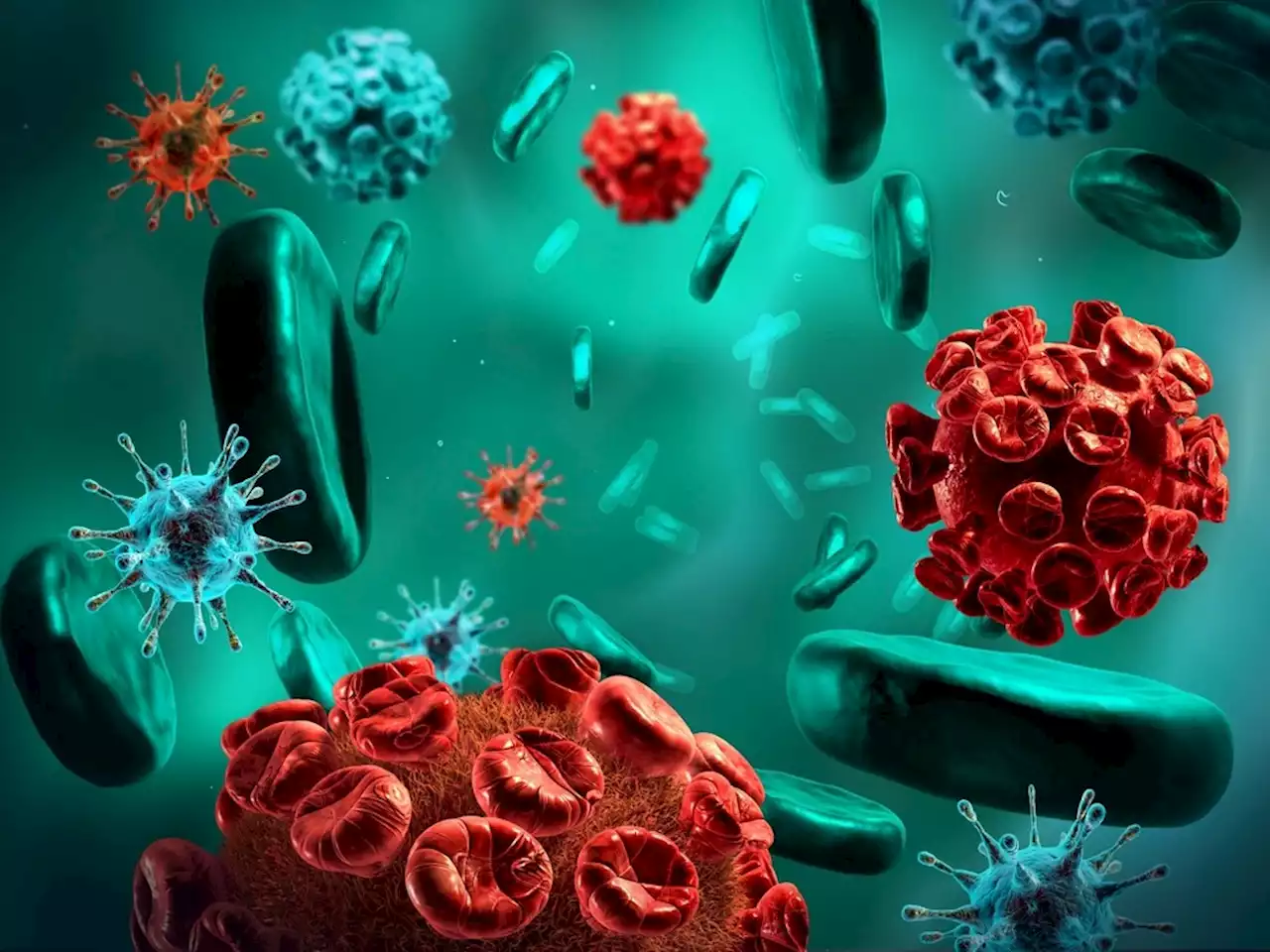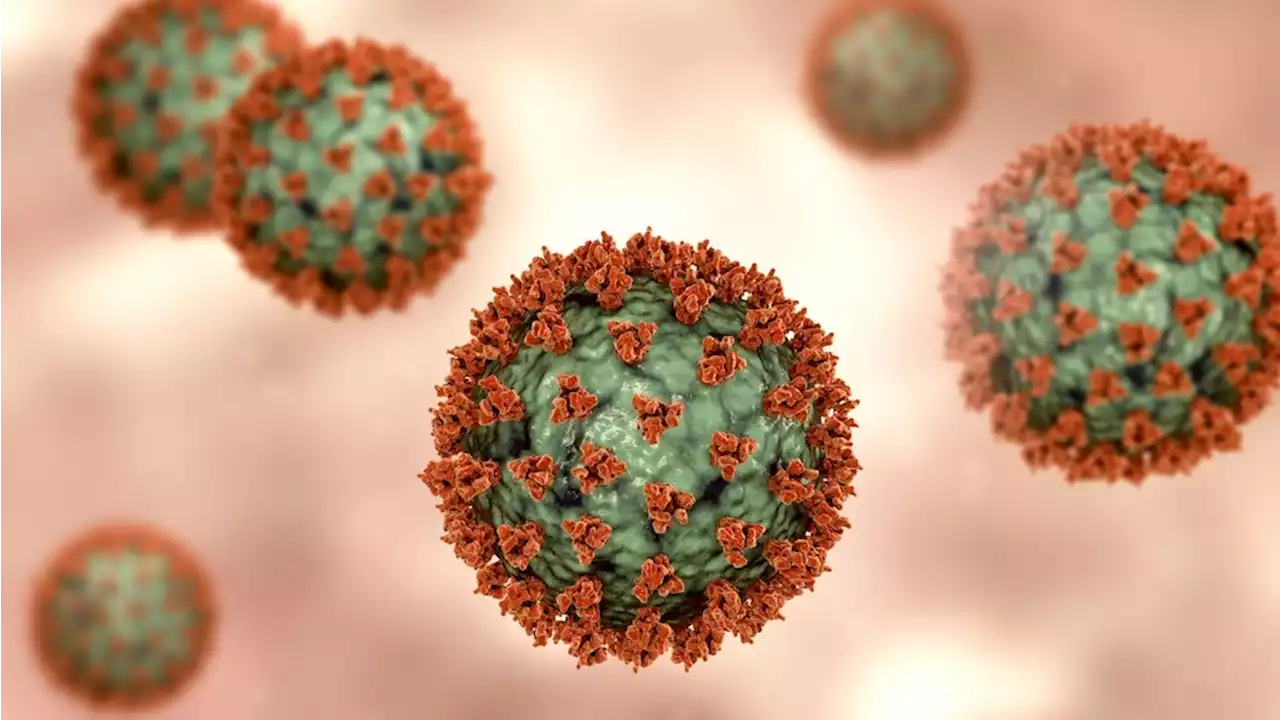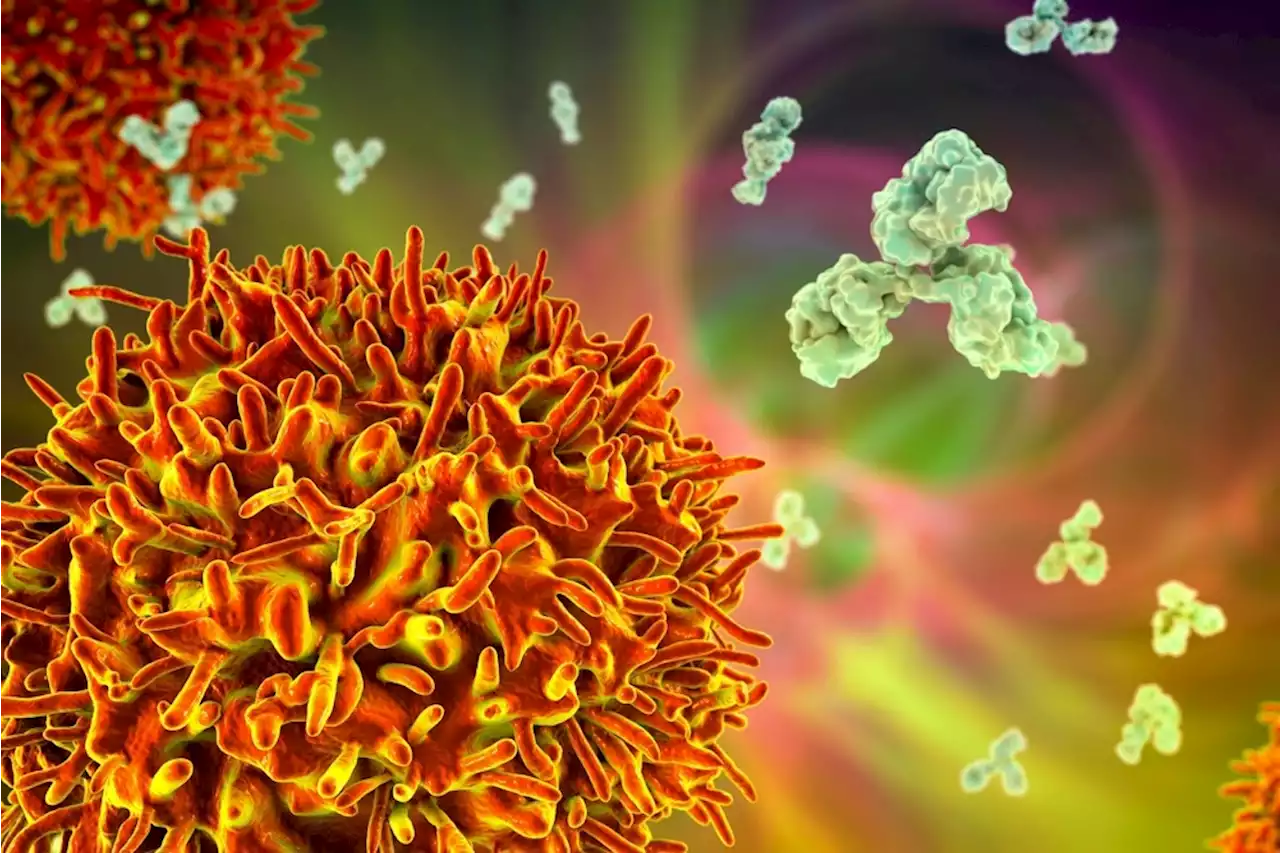Study finds memory B cell clones harbor the capacity to adopt multiple and functionally different fates in COVID-19 patients biorxivpreprint ETH UZH_ch BCell COVID19 coronavirus covid
By Dr. Chinta SidharthanOct 13 2022Reviewed by Danielle Ellis, B.Sc. In a recent study posted to the bioRxiv* preprint server, a team of researchers examined single clones of severe acute respiratory syndrome coronavirus 2 -specific memory B cells to understand their adaptability and fate.
These two class-switched memory B cell subsets have been observed after some coronavirus disease 2019 vaccinations and SARS-CoV-2 infections. Examining the fates and plasticity of the various memory B cell subsets would help understand their role in protective immune responses upon antigen re-exposure.
The researchers used biotinylated SARS-CoV-2 spike and receptor binding domain proteins to create multimer stains to analyze antigen-specific MBCs using spectral flow cytometry. Fluorescence-activated cell-sorting was used to sort SARS-CoV-2-specific and non-SARS-CoV-2-specific MBCs, which were then used for single-cell RNA sequencing , barcoding, and B cell receptor sequencing.
The acute COVID-19 patients were studied between April and September 2020. The 12-month follow-up phase occurred between April and September 2021. The availability of COVID-19 vaccines resulted in 35 of the 65 participants getting vaccinated during the study, which allowed the researchers to observe MBC response to antigen re-exposure.
The study found that SARS-CoV-2-specific atypical MBCs were transcriptionally similar to atypical MBCs from autoimmune diseases. Additionally, studying the tonsil cohort revealed that peripheral lymphoid organs were rich in SARS-CoV-2-specific resting MBCs, and had low levels of transcription factor T-bet. The resting MBCs in the tonsils also exhibited markers of tissue residency.
Australia Latest News, Australia Headlines
Similar News:You can also read news stories similar to this one that we have collected from other news sources.
 Researchers explore drug-repurposing candidates acting against nucleotide-binding pockets of multiple SARS-CoV-2 proteinsIn a new study, researchers pursued direct-acting severe acute respiratory syndrome coronavirus-2 drugs that compete for nucleotide-binding pockets (NBPs) of SARS-CoV-2 proteins.
Researchers explore drug-repurposing candidates acting against nucleotide-binding pockets of multiple SARS-CoV-2 proteinsIn a new study, researchers pursued direct-acting severe acute respiratory syndrome coronavirus-2 drugs that compete for nucleotide-binding pockets (NBPs) of SARS-CoV-2 proteins.
Read more »
 Immune-mediated inflammatory diseases following COVID-19Immune-mediated inflammatory diseases following COVID-19 medrxivpreprint unibirmingham COVID19 SARSCoV2 InflammatoryDisease
Immune-mediated inflammatory diseases following COVID-19Immune-mediated inflammatory diseases following COVID-19 medrxivpreprint unibirmingham COVID19 SARSCoV2 InflammatoryDisease
Read more »
Containing novel SARS-CoV-2 variants at source is possible with high-intensity sequencingAbstract. Throughout the COVID-19 pandemic, control of transmission has been repeatedly thwarted by the emergence of variants of concern (VOC) and their geograp
Read more »
 The ability of antiviral formulation ViruSAL to inhibit SARS-CoV-2 infectivityResearchers from Ireland used human bronchial epithelium models to evaluate the ability of a novel proprietary formulation called ViruSAL to inhibit SARS-CoV-2 infections.
The ability of antiviral formulation ViruSAL to inhibit SARS-CoV-2 infectivityResearchers from Ireland used human bronchial epithelium models to evaluate the ability of a novel proprietary formulation called ViruSAL to inhibit SARS-CoV-2 infections.
Read more »
 What is the real-world efficacy of oral antivirals against the SARS-CoV-2 Omicron variant?A new review commented on a previous study regarding the real-world effectiveness of oral antivirals against the severe acute respiratory syndrome coronavirus 2 (SARS-CoV-2) Omicron variant.
What is the real-world efficacy of oral antivirals against the SARS-CoV-2 Omicron variant?A new review commented on a previous study regarding the real-world effectiveness of oral antivirals against the severe acute respiratory syndrome coronavirus 2 (SARS-CoV-2) Omicron variant.
Read more »
 What is the association of pneumococcal carriage with SARS-CoV-2 infection?What is the association of pneumococcal carriage with SARS-CoV-2 infection? medrxivpreprint UCBerkeley YaleSPH SARSCoV2 COVID19 coronavirus covid infection
What is the association of pneumococcal carriage with SARS-CoV-2 infection?What is the association of pneumococcal carriage with SARS-CoV-2 infection? medrxivpreprint UCBerkeley YaleSPH SARSCoV2 COVID19 coronavirus covid infection
Read more »
